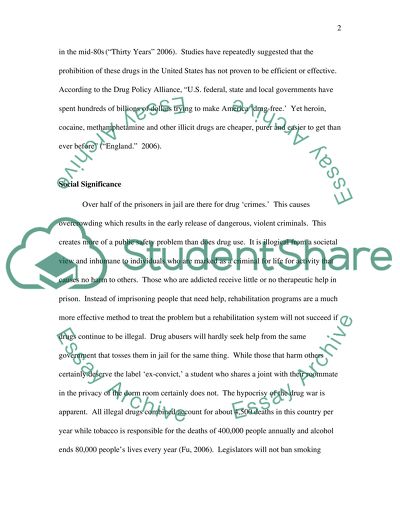Cite this document
(“War on drugs: George W. Bush Essay Example | Topics and Well Written Essays - 1500 words”, n.d.)
War on drugs: George W. Bush Essay Example | Topics and Well Written Essays - 1500 words. Retrieved from https://studentshare.org/miscellaneous/1542313-war-on-drugs-george-w-bush
War on drugs: George W. Bush Essay Example | Topics and Well Written Essays - 1500 words. Retrieved from https://studentshare.org/miscellaneous/1542313-war-on-drugs-george-w-bush
(War on Drugs: George W. Bush Essay Example | Topics and Well Written Essays - 1500 Words)
War on Drugs: George W. Bush Essay Example | Topics and Well Written Essays - 1500 Words. https://studentshare.org/miscellaneous/1542313-war-on-drugs-george-w-bush.
War on Drugs: George W. Bush Essay Example | Topics and Well Written Essays - 1500 Words. https://studentshare.org/miscellaneous/1542313-war-on-drugs-george-w-bush.
“War on Drugs: George W. Bush Essay Example | Topics and Well Written Essays - 1500 Words”, n.d. https://studentshare.org/miscellaneous/1542313-war-on-drugs-george-w-bush.


